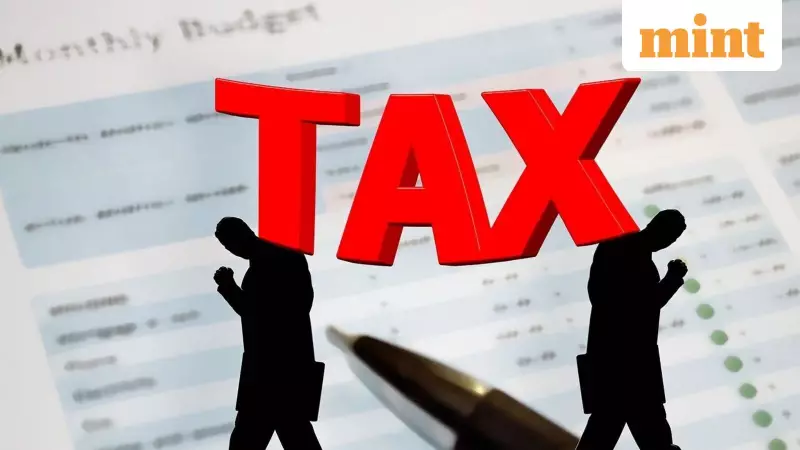
As the financial year 2024-25 progresses, millions of Indian taxpayers are navigating the complexities of advance tax payments under the new tax regime. Understanding these rules has become crucial to avoid penalties and ensure smooth tax compliance.
Who Needs to Pay Advance Tax and When?
The advance tax system requires taxpayers to pay their estimated tax liability in installments throughout the year rather than in one lump sum. If your total tax liability for the year exceeds ₹10,000, you fall under the advance tax net. The payment schedule follows specific deadlines:
- June 15: 15% of advance tax
- September 15: 45% of advance tax
- December 15: 75% of advance tax
- March 15: 100% of advance tax
Special Considerations Under New Tax Regime
The new tax regime, which has become the default option, brings specific implications for advance tax calculations. Taxpayers must carefully assess their income sources to determine the correct tax liability.
Bank Interest and Capital Gains
Many taxpayers overlook that interest income from bank deposits and capital gains from investments are fully taxable under both old and new regimes. Since TDS is often deducted at lower rates, the balance tax must be paid through advance tax installments.
Senior citizens need particular attention here, as their fixed deposit interest might push their total tax liability beyond the ₹10,000 threshold, making them liable for advance tax payments.
Consequences of Non-Compliance
Failure to pay advance tax can lead to significant financial penalties. The Income Tax Department charges interest under Section 234B and 234C for default or deferment of advance tax payments. These penalties can substantially increase your overall tax burden.
Expert Recommendations for Taxpayers
- Estimate income accurately: Include all sources - salary, business income, capital gains, and interest income
- Track TDS carefully: Account for tax already deducted at source
- Review investments quarterly: Capital gains can significantly impact your tax liability
- Consult tax professionals: Especially if you have multiple income streams
The Bigger Picture: Reducing Litigation
Proper advance tax compliance not only avoids penalties but also reduces the chances of tax litigation. The government has been emphasizing simplified tax processes and reduced compliance burden, making timely advance tax payments a smart financial habit.
As the September 15 deadline approaches, taxpayers should reassess their tax position and make necessary payments to stay compliant and penalty-free.





